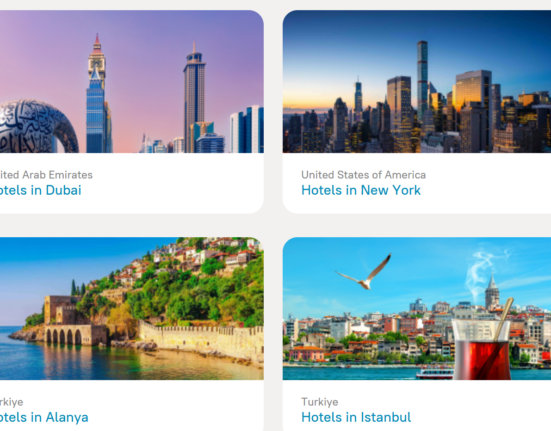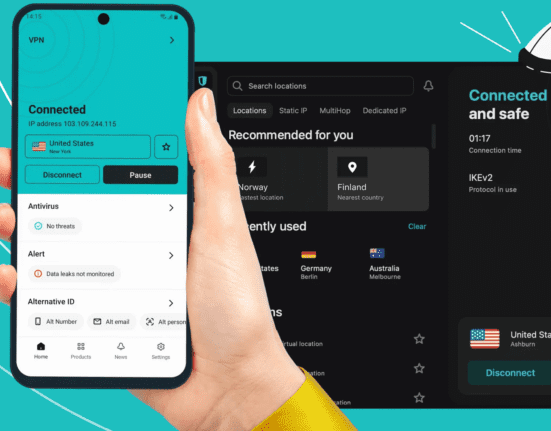You may have never been on a solo trip before, but research has shown that solo travelers have learned some important lessons about the world. This article lists six things that solo travelers learn – including how to accept invitations, how to budget for your trip and what to prepare for when you’re on the go.
Lessons of Solo Travel
1. Solo travel can be an amazing opportunity to learn about yourself and the world around you. 2. Solo travel can force you to be more resourceful and independent. 3. Solo travel can also teach you about how to connect with people from different cultures. 4. Solo travel can be a great way to build relationships with friends and family who are far away. 5. Solo travel can be an unforgettable experience that you will never forget.
The Importance of Connecting with Locals
When traveling solo, it’s important to connect with locals in order to get the most out of your trip. This can be done by either talking to them in person or by using a travel blog or forum. By doing this, you’ll be able to learn about the local culture and customs, as well as find tips and advice on what to do and see while you’re in town. Another important lesson that solo travelers learn is the importance of self-discipline. When traveling alone, it’s easy to let yourself go wild and spend all your money on drinks and meals with locals. However, this is not the best way to spend your time in a new place. Instead, try to stick to the conservative habits that will help you enjoy your vacation more overall. Connecting with locals and practicing self-discipline are two important lessons that solo travelers learn when traveling.
Technology and Solo Travel
When traveling solo, it’s important to be prepared for any situation. One of the best ways to do this is to have a good supply of technology with you. There are many ways to stay connected while on the road. You can use devices like smartphones and laptops to stay connected with family and friends back home. You can also use apps that allow you to book rooms or find food and attractions. You also need to be prepared for emergencies. It’s always a good idea to have a phone charger and some cash on hand in case you have to get a taxi or find a place to stay overnight. And, if something happens while you’re out there, don’t hesitate to call for help!
Language and Solo Travel
1. Learning a new language can be a challenge when traveling solo, but it’s well worth the effort. By learning the local language, you’ll be able to communicate with locals more easily and get around town without difficulty. 2. Solo travelers also benefit from expanding their cultural knowledge by visiting different cities and towns. Not only will you learn about the local culture, but you’ll also gain insight into the history of the area. 3. Finally, taking advantage of solo travel opportunities can give you a valuable perspective on life. When you travel without a partner or group, you have to confront life head-on – both good and bad – which can be an invaluable lesson in itself.
Emotional Traits in Solo Travel
When traveling solo, it’s important to be emotionally prepared for the journey. Solo travelers learn to deal with difficult emotions such as loneliness and boredom. One of the challenges of solo travel is managing feelings. When traveling alone, you are often left alone with your thoughts. This can lead to negative emotions such as loneliness and boredom. It’s important to learn how to deal with these emotions in a healthy way. Some tips for coping with loneliness include journaling, exploring new places, and meeting new people. Boredom can be dealt with by exploring new cities or spending time reading books or watching documentaries. By learning how to manage difficult emotions in solo travel, you’ll be able to enjoy your trip more and make the most of your experiences.








